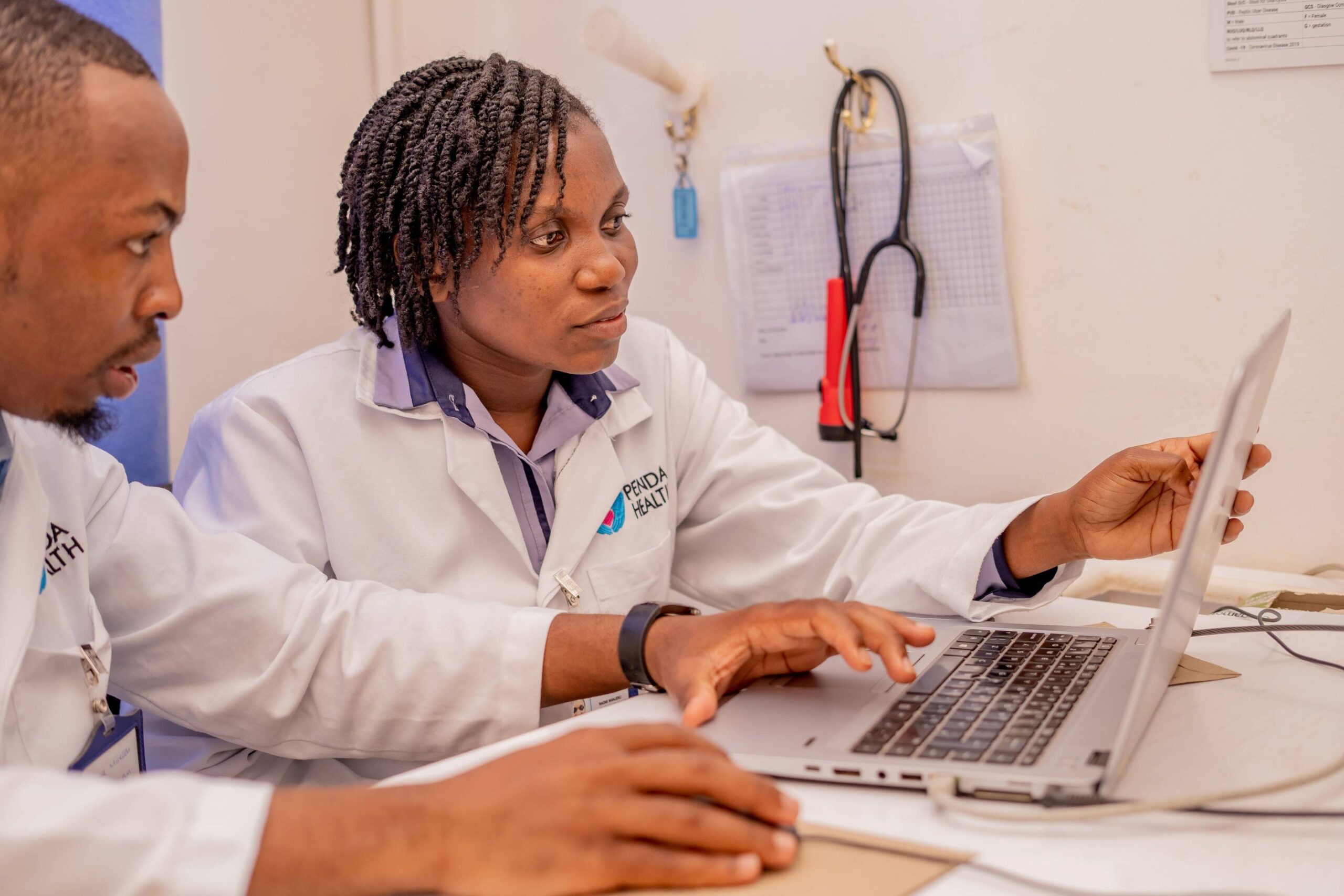This report provides an in-depth analysis of PATH’s landmark study in Nairobi, Kenya, focusing on the application of artificial intelligence (AI) to improve healthcare diagnoses and treatment decisions in resource-limited settings. The study, involving 9,000 participants, represents a significant effort to bridge healthcare gaps in underserved regions and is poised to contribute valuable evidence for digital healthcare initiatives in low- and middle-income countries (LMICs).
PATH, a Seattle-based global health nonprofit, has launched what is described as the largest AI study in Africa, aiming to evaluate the potential of large language models (LLMs) in primary healthcare settings. This initiative aligns with growing interest in AI’s role in healthcare, particularly in regions where resources are limited. The study was announced in March 2025, with results anticipated by the end of the year, reflecting the rapid pace of technological innovation in healthcare.
Kenya, as part of its broader digital transformation agenda, has been actively exploring AI applications, as evidenced by the launch of its National AI Strategy 2025-2030. This context underscores the study’s relevance, positioning it within a national framework that prioritizes AI for socioeconomic development, particularly in critical sectors like healthcare.
The study is a Phase 3 randomized controlled trial (RCT), conducted in Nairobi, Kenya, and involves 9,000 participants. It focuses on assessing the impact of an LLM-based tool on improving the quality of care. The AI tool acts as an assistant to primary care clinicians, providing guidance throughout clinical encounters by analyzing patient data, including symptoms, health histories, provider notes, and laboratory results. This support aims to enhance diagnosis accuracy, reduce missed diagnoses, minimize unnecessary repeat visits, and ensure guideline-based treatment plans.
The trial’s design is significant, as it seeks to provide rigorous evidence for AI’s real-world effectiveness at scale, addressing a gap in digital healthcare initiatives in LMICs. Prof. Bilal Mateen, PATH’s Chief AI Officer, emphasized the importance of this research, stating, “This is a massive step forward for evaluating the potential of GenAI tools to improve clinical decision-making. Potential applications must be backed by rigorous research that demonstrates benefits for both patients and healthcare systems.”
The study is a collaborative effort involving several key organizations:
– PATH: Leading the initiative as a nonprofit focused on global health solutions.
– Kenya Paediatric Research Consortium (Keprecon): Contributing research expertise, particularly in pediatric healthcare.
– University of Birmingham: Providing academic and research support.
– Penda Health: A Nairobi-based clinic operator, facilitating clinical implementation.
This partnership underscores the multidisciplinary approach, combining global health expertise, local clinical knowledge, and academic rigor to ensure the study’s success and relevance.
Results from the study are expected by the end of 2025, and they are anticipated to offer insights into AI’s potential to transform healthcare delivery in resource-limited settings. Dr. Deborah Mlongo Barasa, Kenya’s Cabinet Secretary of Health, highlighted the milestone nature of the trial, noting, “This trial marks an important milestone for our health sector. AI has the potential to bridge healthcare gaps, particularly in underserved regions.” Sir Jeremy Farrar, Chief Scientist at WHO, also commented on the global significance, stating, “With South Africa and Canada prioritizing AI in their G20 and G7 agendas this year, this is a critical moment to scale investments.”
The study’s findings could influence policy and practice, potentially scaling AI tools to other LMICs and addressing challenges like incorrect diagnoses and inefficient treatment plans. It aims to dispel myths that high-quality scientific research cannot keep pace with technological innovation, as noted by Prof. Mateen.
While the study is specific to Nairobi, its implications extend to the broader African context, where healthcare systems often face resource constraints. The use of LLMs in this trial is part of a growing trend, with historical examples of AI in African healthcare, such as pilots in the 1980s for improving health worker-patient interactions in Kenya and diagnostic support in Egypt and The Gambia. However, this study stands out for its scale and focus on providing evidence at a level not previously achieved.
The integration of AI in healthcare, as explored in this study, faces challenges, including ethical considerations, data privacy, and the need for context-specific solutions. Articles from ScienceDirect and PMC highlight the delays and complexities in adopting medical AI in sub-Saharan Africa, particularly in medical laboratories, suggesting that while opportunities exist, implementation requires careful navigation of local contexts.
Detailed Breakdown of Study Components
To organize the information effectively, the following table summarizes key details of the study:
Detailed Breakdown of Study Components To organize the information effectively, the following table summarizes key details of the study:
| Detail | Information |
|---|---|
| Location | Nairobi, Kenya |
| Trial Type | Phase 3 randomized controlled trial (RCT) |
| Objective | Assess impact of LLM tool on improving quality of care |
| AI Tool Function | Assists clinicians with diagnosis and treatment based on patient data |
| Participants | 9,000 |
| Expected Results Date | End of 2025 |
| Organizations Involved | PATH, Kenya Paediatric Research Consortium, University of Birmingham, Penda Health |
| Quotes | – Prof. Bilal Mateen: “This is a massive step forward…” – Dr. Deborah Mlongo Barasa: “AI has the potential to bridge healthcare gaps…” – Sir Jeremy Farrar: “Critical moment to scale investments…” |
| Contact for Media Inquiries | Lauren Grella, Senior Director of Marketing & Communications – media@path.org |
This table encapsulates the core elements, providing a quick reference for stakeholders.
Conclusion
PATH’s study in Nairobi, Kenya, represents a pivotal effort to leverage AI for healthcare improvement in resource-limited settings. With 9,000 participants and a focus on LLMs, it aims to deliver evidence that could transform healthcare delivery, particularly in underserved regions. The collaboration with local and international partners, combined with the study’s scale, positions it as a benchmark for future AI initiatives in LMICs. As results are awaited by the end of 2025, this research could pave the way for scalable, ethical, and inclusive AI applications in global health.




